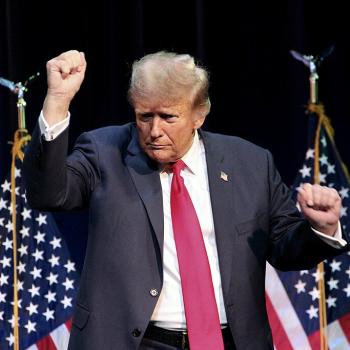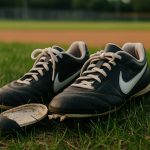Start with this week’s suspensions: Each was levied without a positive drug test. So there comes one question: Even as MLB ramped up its testing policies in the wake of the Mitchell report in 2007 — it now tests blood in addition to urine and tests both in and out of season — what good is increased testing if established users don’t test positive?
“It’s a terrible predicament,” said John Hoberman, a professor at the University of Texas who has written on and taught about performance-enhancing drugs. “I think we may be at a real turning point here because what we have is simultaneous crises in a variety of major sports. You’ve got desperation on the part of the Major League Baseball commissioner’s office in terms of trying to get a handle on this. . . .
“The point of the testing is to keep the sports-entertainment industry functioning, to maintain its loyal public and to stay in business. This is a tremendous obstacle for them because the sports-entertainment industry that is trying to put an end to endless doping scandals is the same industry that is providing the incentives that lead to doping in the first place.”
Still, many experts consider testing the backbone of any doping-prevention program. “Take away testing, and it’s back to WWE, or it’s baseball in the late ’90s,” said Travis Tygart, the CEO of the U.S. Anti-Doping Agency, the organization that oversees testing in the U.S. Olympic community. And Tygart points out that the first three players to serve suspensions for involvement with Biogenesis — pitcher Bartolo Colon, outfielder Melky Cabrera and catcher Yasmani Grandal — all tested positive.
“Some of these [players] are at the top of the game, who have the resources to go to the places that give them the best guarantee that they’re not going to test positive and they’re still able to use performance-enhancing drugs with great benefit,” Tygart said.
In addition to Alex Rodriguez, here are the other baseball players who were suspended:
The dozen included three current All-Stars, Texas Rangers outfielder Nelson Cruz, San Diego Padres shortstop Everth Cabrera and Detroit Tigers shortstop Jhonny Peralta.
The others who were identified were: Philadelphia Phillies reliever Antonio Bastardo, New York Mets outfielder Jordany Valdespin, Yankees catcher Francisco Cervelli, Seattle Mariners catcher Jesus Montero, New York Mets outfield prospect Cesar Puello, San Diego Padres pitching prospect Fautino De Los Santos, Houston Astros pitching prospect Sergio Escalona and New York Yankees outfield prospect Fernando Martinez.
They were all treated as first-time offenders. Three more players – Toronto Blue Jays outfielder Melky Cabrera, Oakland Athletics pitcher Bartolo Colon and Padres catcher Yasmani Grandal – were also found to have connections with the Biogenesis clinic.
But they did not receive any additional sanctions because they had already served 50-game suspensions for failing doping tests.














